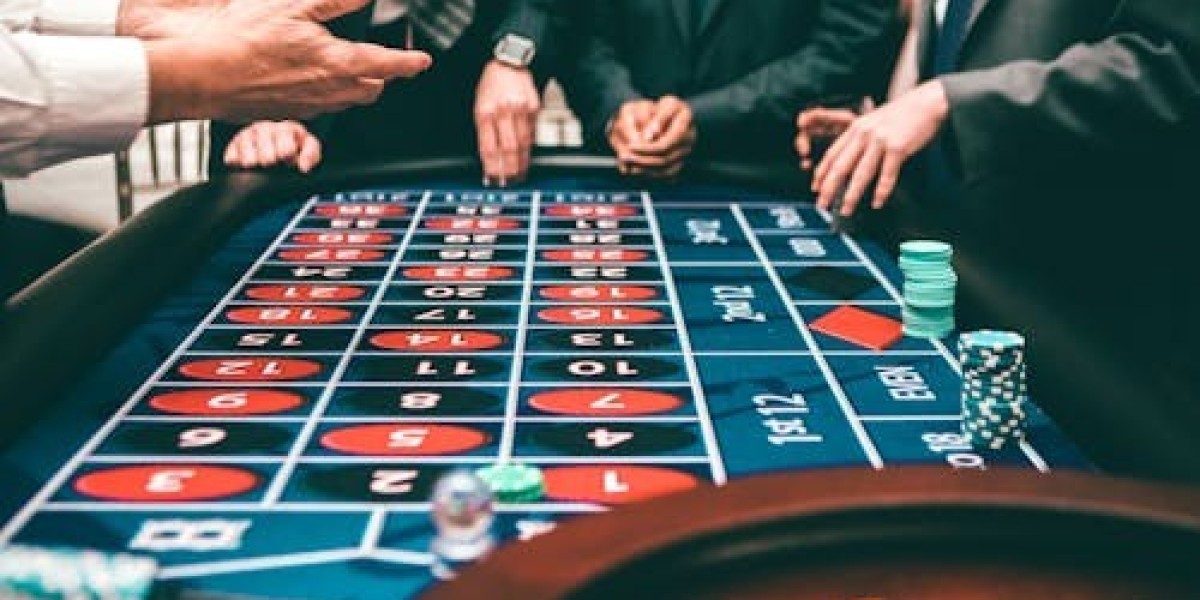The world of online slots has surged in popularity, captivating millions of spin city casino players worldwide with their vibrant themes, engaging gameplay, and enticing payouts. But behind the bright lights and spinning reels lies a complex web of psychological principles that drive player behavior. Understanding why individuals choose to spin the reels is crucial for both game developers and players alike. This article delves into the intricate psychology behind online slots, exploring the cognitive, emotional, and social factors that contribute to this widespread phenomenon. From the mechanics of reward systems to the influence of sensory stimulation, we’ll uncover what makes players return to platforms like spin-sity.com for their gaming fix, time and again.
1. The Allure of Reward Mechanisms
One of the most significant psychological factors at play in online slots is the allure of reward mechanisms. The unpredictability of winning adds a layer of excitement that appeals to players’ desires for instant gratification. Every spin provides a chance—not just for a monetary payout, but also for an emotional high. This unexpected reward structure aligns with B.F. Skinner's principles of operant conditioning, where variable reinforcement schedules create a powerful drive for repeated action. Players might not win every time, but the occasional jackpot keeps them returning, enticing them to chase that thrilling 'big win.'
2. The Role of Near Misses
Near misses are a pivotal aspect of online slots that contribute to the psychology of the game. When players get two out of three symbols needed for a jackpot, the brain registers this outcome as a near win, stimulating a sense of pleasure and motivation to keep playing. Research indicates that near misses trigger the same brain pathways activated by actual wins, often leading players to pursue further spins in the hopes of achieving a complete victory. This phenomenon can result in a cycle where players become overly focused on these near misses, mistaking them for signs of impending success, which further fuels their desire to play.
3. The Sensory Experience: Sound, Visuals, and Feedback
The psychological impact of sensory stimuli cannot be understated in the realm of online slots. Developers meticulously design the auditory and visual components to enhance player engagement. The sound effects, such as the celebratory chimes of a win or the lively jingles accompanying spins, serve to reinforce positive emotions and heighten anticipation. Additionally, the visual aesthetics of the games, characterized by vibrant colors and dynamic animations, captivate players’ attention. These sensory elements create an immersive experience that subtly reinforces the desire to continue playing, relying on the idea of 'flow'—the pleasurable state of being completely absorbed in an activity.
4. The Social Aspect of Online Gambling
When discussing the psychology of online slots, one cannot overlook the influence of social dynamics. The communal aspect of online gambling, from live dealer games to social media sharing and chat functions within platforms, caters to the intrinsic human need for connection. Players often share experiences and wins with friends or fellow gamers, enhancing their sense of belonging. This social validation can significantly impact the duration and frequency of gameplay. The introduction of features such as leaderboards and social competitions creates a competitive environment that can further entice players to engage with slots on a regular basis, strengthening their commitment to the platform.
5. Personalization and Game Design
Modern online slots incorporate personalization—tailoring the gaming experience to individual preferences—to enhance player engagement. As developers gather data on user behavior, they can create bespoke experiences that resonate with specific player interests. Whether it’s choosing favorite themes, colors, or types of gameplay, this level of customization fosters a sense of ownership and investment in the gaming experience. Players are more likely to return if they feel their preferences are acknowledged and catered to, which is an essential principle in user experience design.
6. The Illusion of Control and Cognitive Dissonance
Finally, the notion of control plays a pivotal role in how players interact with online slots. Many players believe they can influence the outcome or have a 'lucky moment' by deploying certain strategies, thereby reducing their perceived sense of randomness. This illusion of control can lead to cognitive dissonance, where players justify their losses in lieu of their beliefs that they can affect outcomes. They might rationalize their extended playtime by fully engaging with the idea that they are ‘due’ for a win. This mental gymnastics allows players to continue pursuing slots, despite evidence suggesting the randomness inherent in slot machines.
Conclusion: The Complex Behavior of Slot Players
The psychology of online slots is a multi-faceted field, grappling with the intricacies of human behavior, emotion, and cognition. From the mechanics of reward systems and the emotional spikes driven by near misses to the immersive sensory experiences and social interactions, each element plays a crucial role in attracting and retaining players. As technology continues to advance, we can expect these psychological strategies to evolve as well, further enriching this captivating landscape. Understanding these psychological allurements not only aids developers in crafting better experiences but also empowers players with deeper insight into their own behaviors and motivations as they spin the reels.







